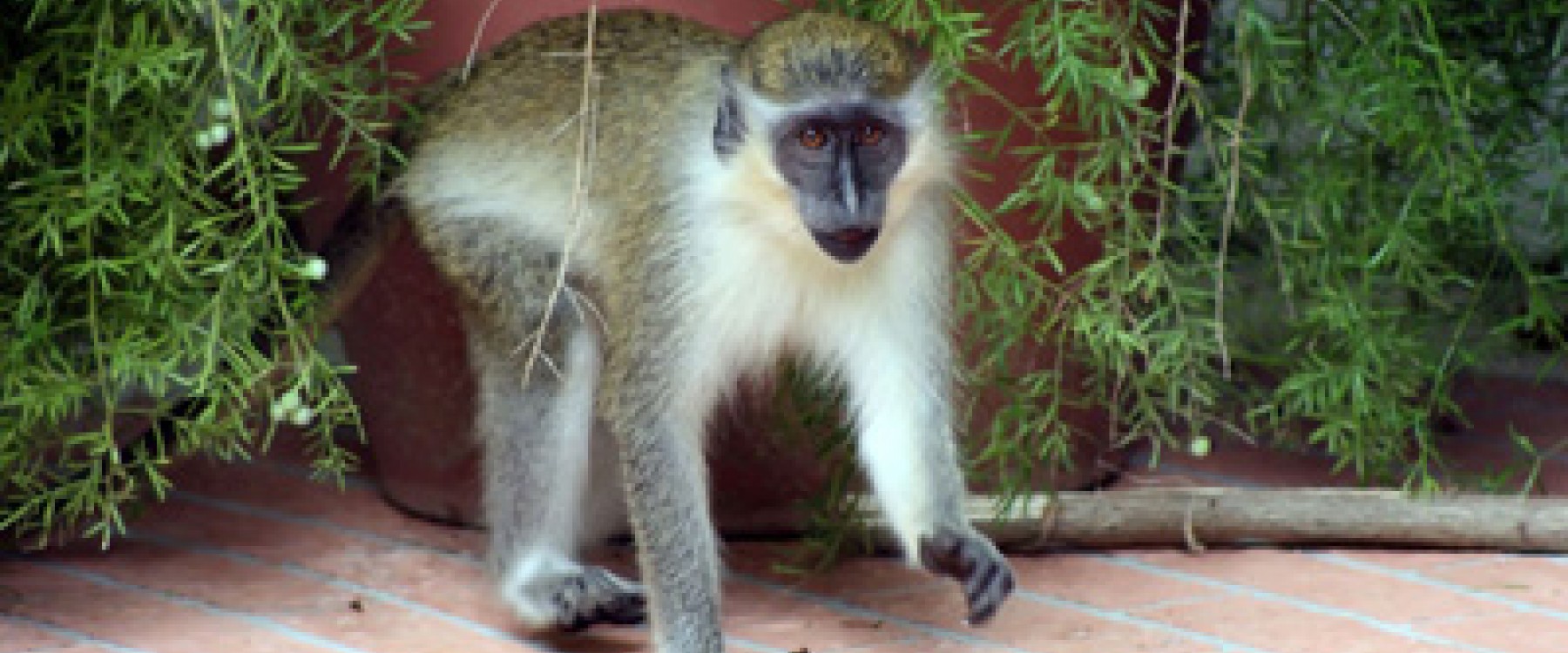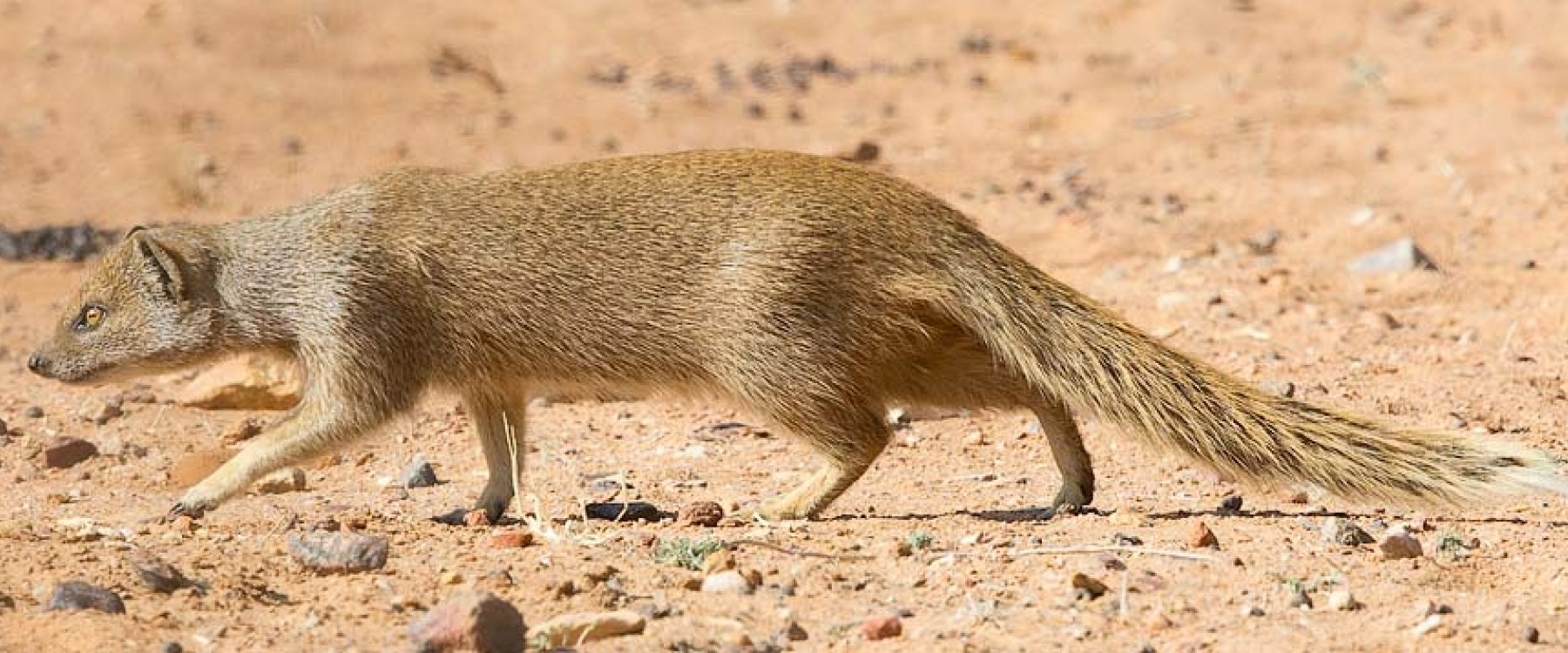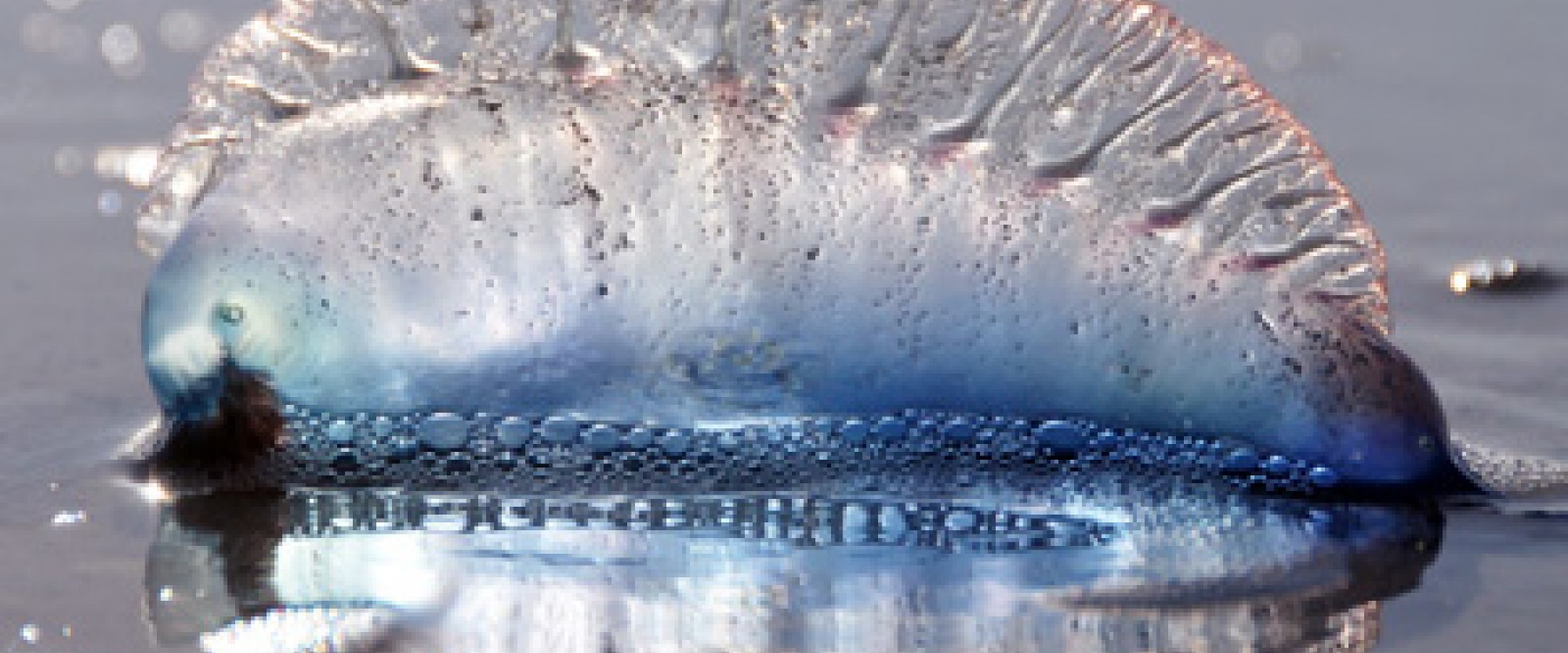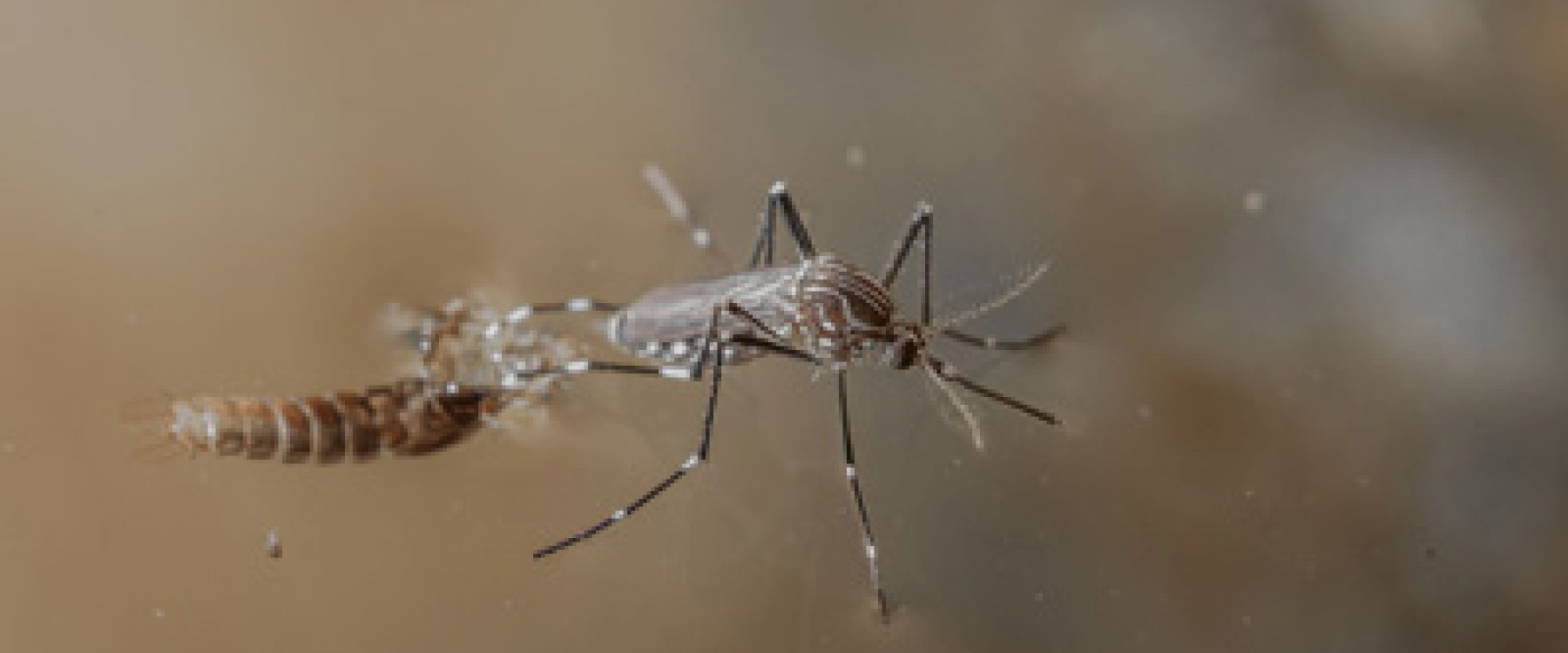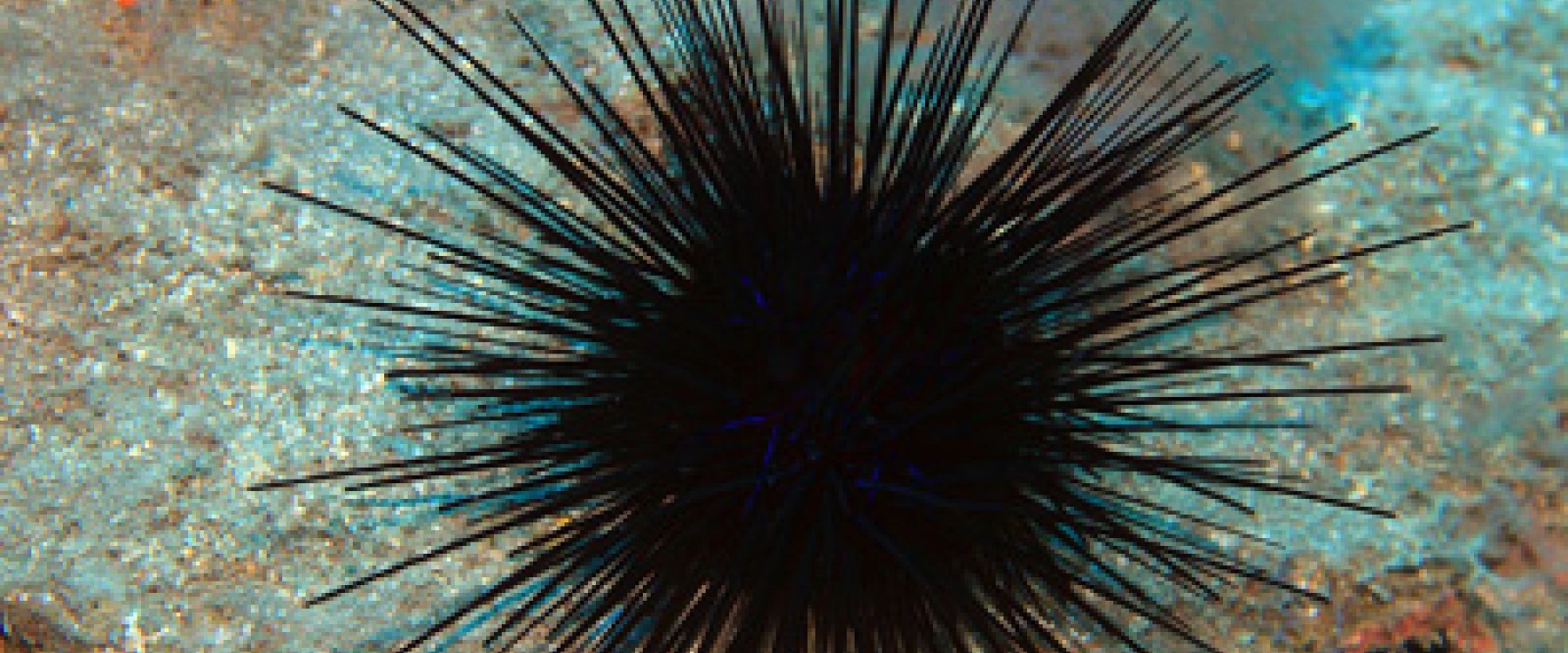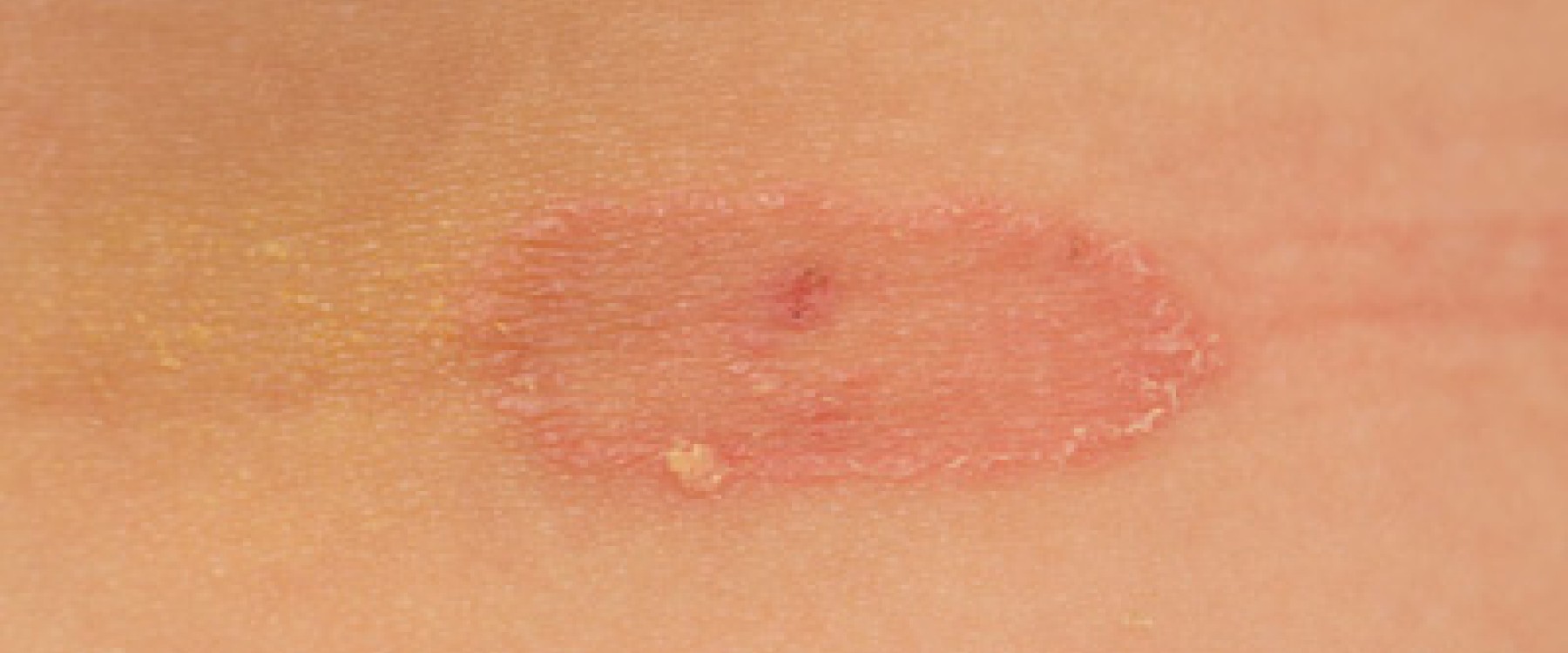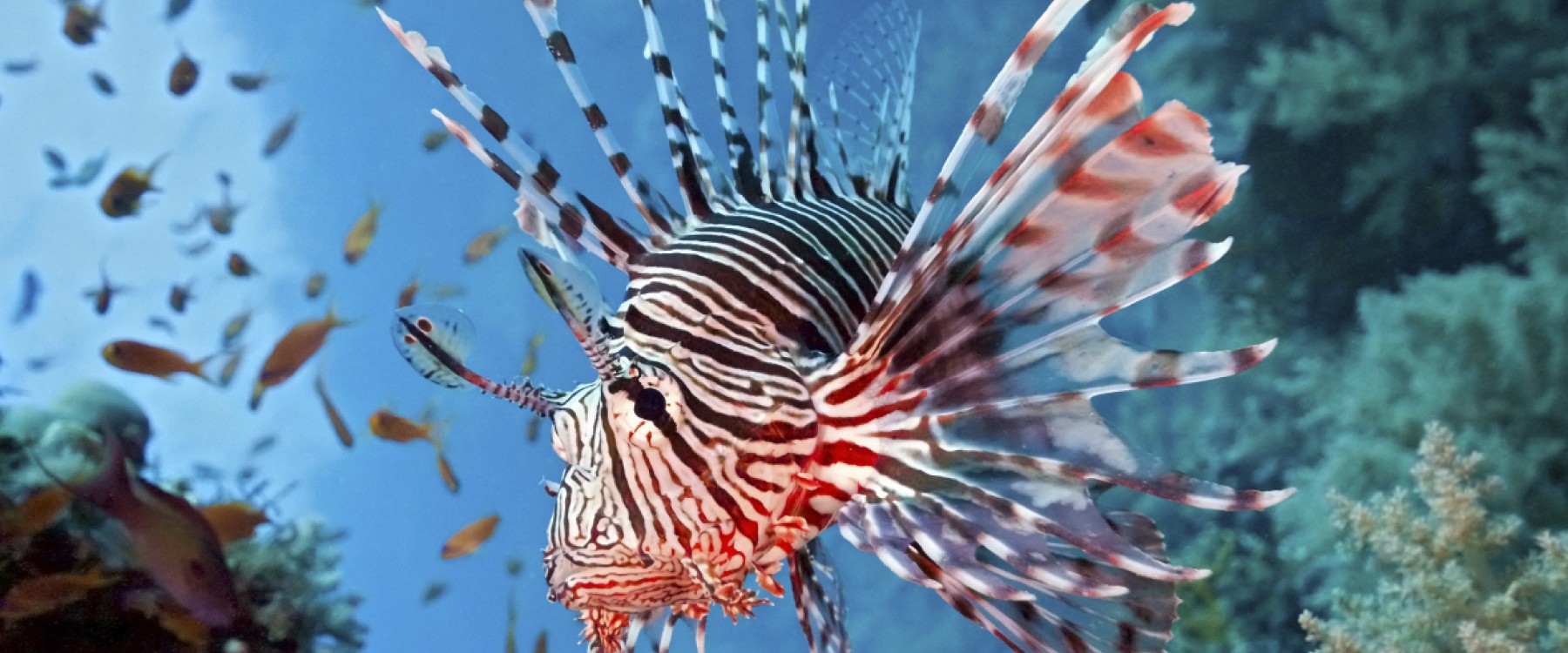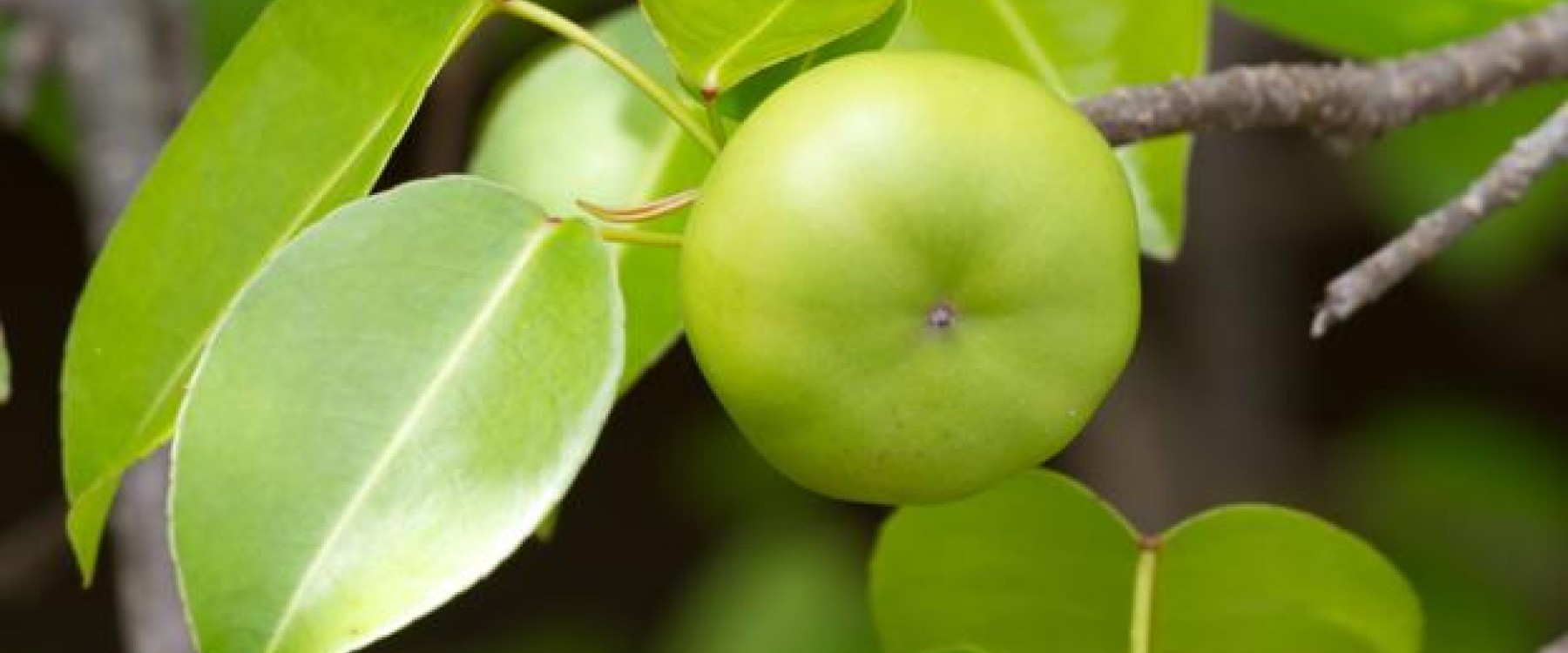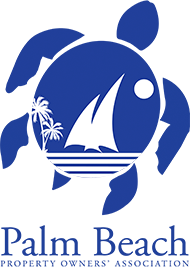
The health and safety of Palm Beach residents and guests is important to management. For this reason regulations have been implemented in an effort to ensure that all persons of all ages residing at Palm Beach can enjoy a peaceful coexistence in a healthy and safe environment. Please take time to read and familiarize yourself with the REGULATIONS section of our website.
The following are some tips relative to health and safety issues at Palm Beach. We recommend that if you have any concerns regarding any of the following health related issues then you visit a local physician immediately.
 | Machineel Tree - "Poison Apples"This large evergreen tree is often found along the shoreline and is distinguishable by the small green "apples" which hang from its branches and litter the ground beneath the tree. These apples are extremely toxic and should not be eaten or handled in any way. Be particularly careful with small children or pets. DO NOT underestimate the danger from exposure to the white liquid which oozes from this fruit. If you or anyone in your party has come into contact with the fruit or has actually bitten or eaten one of these aples seek emergency medical attention immediately. |
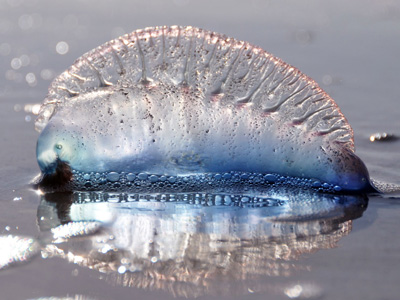 | Jellyfish – Portuguese man of war.Rarely seen in Barbados but usually visible by its purple sac floating just on the surface of the water. Apply vinegar for 30 minutes. If vinegar is not available, apply shaving cream, soap lather, or paste of sand or mud and seawater. To treat discomfort use mild hydrocortisone cream or oral antihistamine to relieve itching and swelling. If in any doubt visit a local physician immediately. |
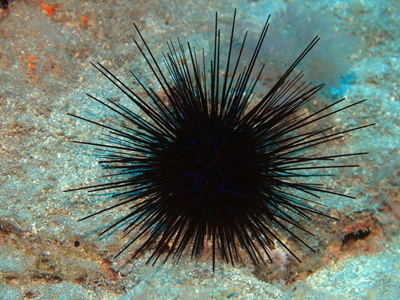 | Sea urchin – SpinyOften found lodged in rocky underwater locations. Though not poisonous the spines can lodge in your feet and can be difficult to remove. First, try to pick out as many of the pieces as you can with a sterilized knife, needle, or preferably tweezers. Soak the area in hydrogen peroxide or pure vinegar (a solution of hot water and vinegar will work as well), which will soften the spines. The urchin spines will either dissolve under the skin or lift to the surface. Continue to soak the affected area until the spines are gone. |
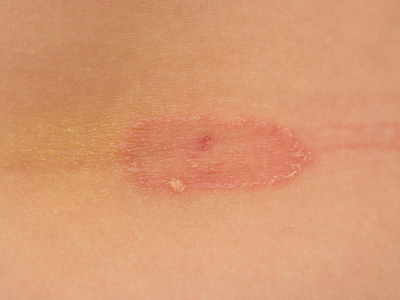 | Ring worm – BeachOften picked up from “dead” sand on the beach and noticeable by the irritation which appears under the skin. Can easily be treated locally by a visit to the pharmacy but overseas doctors often do not know of the condition so if it appears after you have left Barbados it is important to tell them that you have visited the Caribbean and believe it to be ringworm. |
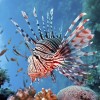 | Lion FishThe lionfish is a predator native to the Indo-Pacific. It aggressively preys on small fish and invertebrates. They can be found around the seaward edge of reefs and coral, in lagoons, and on rocky surfaces to 50 m deep. Remove Spines - Inspect the wound closely for any signs that pieces of the spine might have broken off and are still in the skin. Gently remove them if you are able. Clean and Disinfect Wound - Using clean, freshwater flush the injured area as completely as possible. If you have a first aid kit available disinfect the wound with antiseptic towelettes and apply triple antibiotic ointment if possible. Control Bleeding - If necessary, apply direct pressure to the wound in order to stop the bleeding. Apply Non-Scalding Hot Water - Even though you will probably start to see swelling of the injured area, DO NOT APPLY ICE. The venom is protein-based and begins to breakdown with the application of HEAT. Take Pain Medication - If the victim can tolerate over the counter pain medications, now is a good to time take them. Seek Medical Treatment - While many people do not seek medical treatment for a lionfish sting, it is HIGHLY RECOMMENDED that you do. Not only do treatment facilities have access to pain medications that you WILL want, there can be other complications that aren’t immediately apparent. |
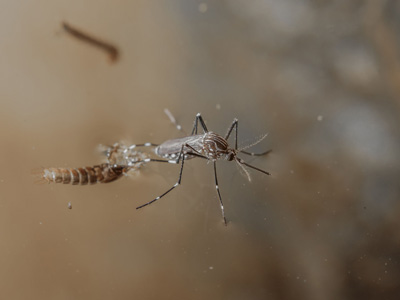 | Dengue/Chikungunya/Zika – MosquitoTheses disease are caused by a family of viruses that are transmitted by mosquitoes. Symptoms such as headache, fever, exhaustion, severe joint and muscle pain, swollen glands (lymphadenopathy), and rash. The presence of fever, rash, and headache (and other pains) is particularly characteristic of these viruses. Because these fevers are caused by a virus, there is no specific medicine or antibiotic to treat them. Typically the treatment is purely concerned with relief of the symptoms (symptomatic). Again, overseas doctors often do not know of the condition so if it appears after you have left Barbados it is important to tell them that you have visited the Caribbean and believe it to be a mosquito borne infection. If in any doubt visit a local physician immediately. |
 | Wildlife - Monkey & MongooseBarbados (and Palm Beach) is home to the Green Monkey and the Mongoose. You may see either or both of these animals during your stay. The monkeys are fun to watch but please remember that they are wild animals so just ensure that you (and in particular any children) watch their antics from a safe distance. Mongoose are generally harmless and are often seen scurrying across roads and pathways but, as with any wild animal they should be left alone. |
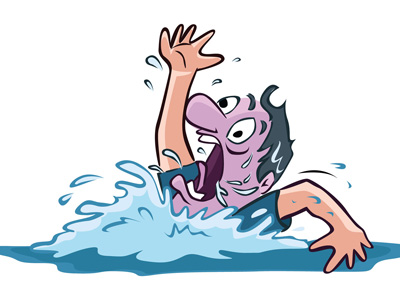 | Bathing in the ocean – RIP tides & currentsThe sea can be dangerous and the most common problem encountered by bathers & swimmers is the occurrence of RIP tides and strong under water currents, even close to shore. Do not venture out of your depth, particularly on your own, when in the sea. There are bathing areas to the right and left of Palm Beach which are protected by man- made reefs for safer swimming. |
